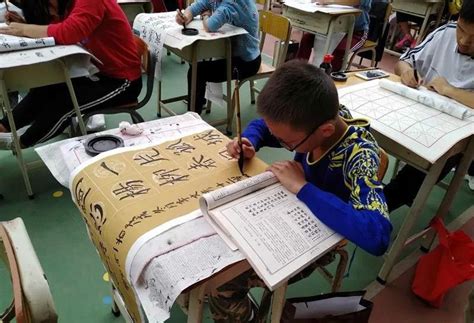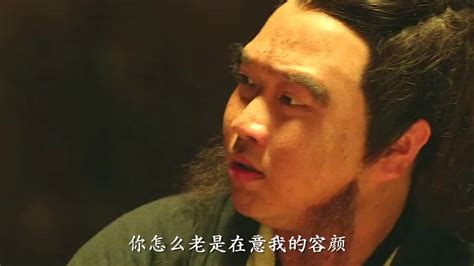请播放中国诗歌的英文怎么说
Exploring Chinese Poetry in English
Chinese poetry, with its rich history spanning thousands of years, offers a profound glimpse into the cultural, philosophical, and emotional landscape of China. Translating these poetic gems into English poses both a challenge and an opportunity to bridge cultural divides and appreciate the beauty of language across borders. Let's embark on a journey to explore Chinese poetry through the lens of English translation.
Understanding Chinese Poetry
Chinese poetry is characterized by its brevity, imagery, and symbolism. Classical Chinese poetry often adheres to strict structural rules, such as tonal patterns and specific rhyme schemes, which add to its musicality and elegance. Themes range from nature and love to philosophical contemplations and societal critique.
Challenges in Translation
Translating Chinese poetry into English presents several challenges. One major hurdle is the vast linguistic and cultural differences between the two languages. The nuances of Chinese characters, which carry layers of meaning and cultural connotations, may be difficult to convey in English. Additionally, preserving the poetic form, rhyme, and meter while ensuring fidelity to the original meaning requires skill and creativity.
Approaches to Translation
Translators employ various strategies to capture the essence of Chinese poetry in English. Some prioritize fidelity to the original text, aiming for literal translations that retain the structure and imagery of the original. Others prioritize readability and poetic flow in English, sacrificing literal accuracy for a more evocative rendition.
Famous Chinese Poets
1.
Li Bai (李白)
: Also known as Li Po, he is one of the most celebrated poets of the Tang dynasty. His works often reflect his love for nature, freedom, and the joys of life.*Example:*
```
Thoughts on a Quiet Night
The moon shines bright, a frosty chill in the air,
Alone, I sit and gaze at the luminous sphere.
Among the pines, I find solace in the stillness,
My heart at peace, in this moment of awareness.
```
2.
Du Fu (杜甫)
: Another prominent Tang dynasty poet, Du Fu's poetry delves into themes of social injustice, human suffering, and the passage of time.*Example:*
```
Spring View
Peach blossoms bloom along the river's bend,

The warblers sing, their melodies ascend.
Yet in this scene of beauty, my heart aches,
For home is distant, and my spirit breaks.
```
Conclusion
Chinese poetry, with its timeless beauty and profound insights, continues to captivate readers across the globe. Through translation, we can unlock the treasures of this ancient literary tradition and appreciate the universal themes that resonate across cultures. Whether read in the original Chinese or translated into English, Chinese poetry offers a glimpse into the soul of a civilization and invites us to ponder the mysteries of existence.










